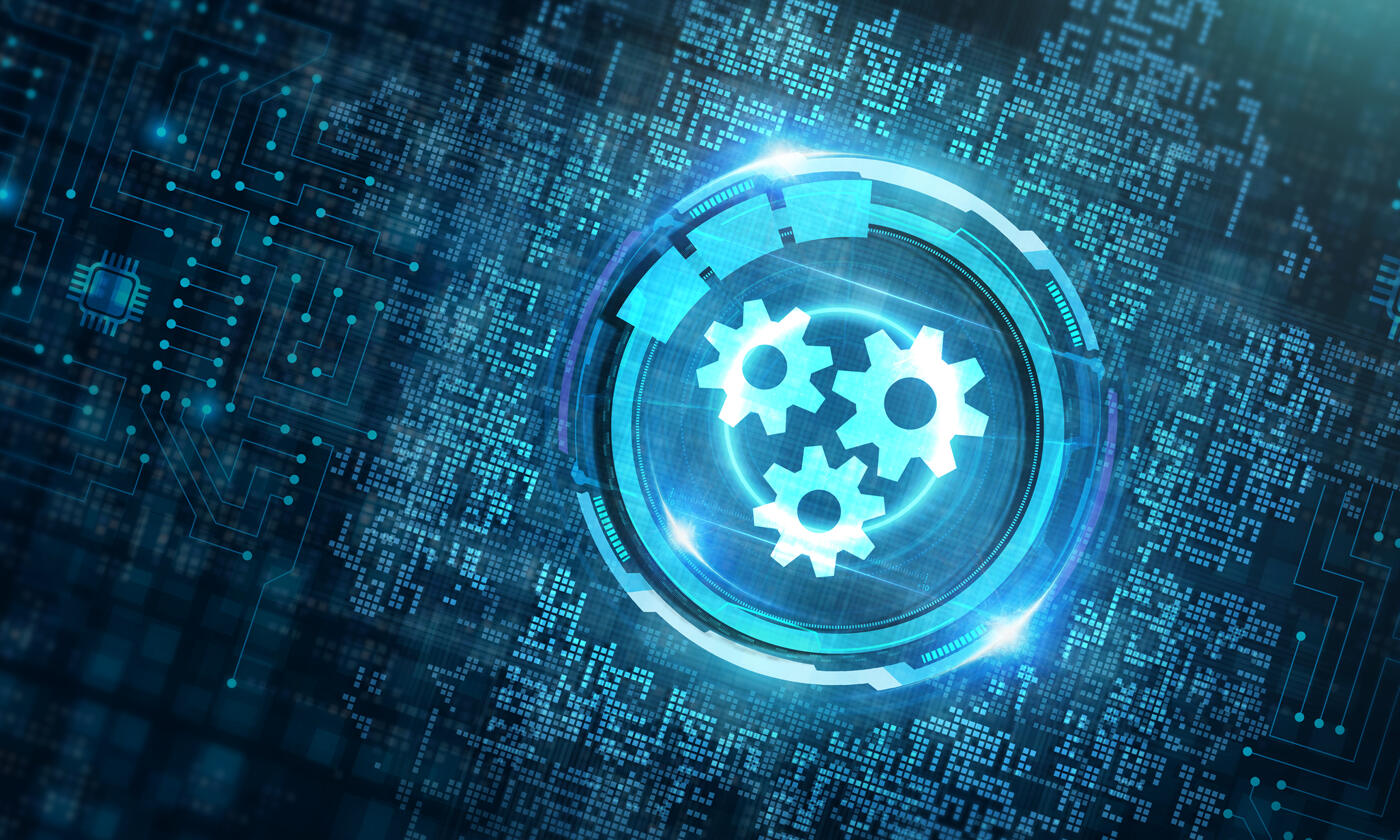
Automation is changing the way we live and work. But what exactly is it? Automation refers to using technology to perform tasks without human intervention. This can range from simple tasks like setting an alarm to complex processes like manufacturing cars. Automation is everywhere, from your smartphone to factories. It saves time, reduces errors, and increases efficiency. But it also raises questions about job displacement and ethical considerations. In this post, we'll explore 21 fascinating facts about automation that will help you understand its impact on our world. Get ready to see how automation is shaping the future!
What is Automation?
Automation involves using technology to perform tasks without human intervention. It’s everywhere, from household gadgets to industrial machinery. Let's dive into some fascinating facts about automation.
-
Origins in Ancient Greece: The concept of automation dates back to ancient Greece. Hero of Alexandria created the first known automated device, a steam-powered engine called an aeolipile.
-
Industrial Revolution Catalyst: Automation played a crucial role during the Industrial Revolution. Machines like the spinning jenny and the power loom revolutionized textile manufacturing.
-
Ford’s Assembly Line: Henry Ford introduced the moving assembly line in 1913, drastically reducing the time to build a car from 12 hours to just 2.5 hours.
Types of Automation
Automation comes in various forms, each serving different purposes. Here are some key types:
-
Fixed Automation: Also known as hard automation, this type is used for high-volume production with dedicated equipment. Examples include car manufacturing and chemical processing.
-
Programmable Automation: Suitable for batch production, programmable automation allows for reprogramming to accommodate different tasks. CNC machines are a prime example.
-
Flexible Automation: This type can handle various products without needing reprogramming. Robotics in manufacturing often falls under this category.
Benefits of Automation
Automation offers numerous advantages that make it indispensable in modern industries. Here are some benefits:
-
Increased Productivity: Automated systems can operate 24/7 without breaks, significantly boosting productivity.
-
Improved Quality: Machines can perform tasks with high precision, reducing errors and improving product quality.
-
Cost Savings: Although the initial investment can be high, automation reduces labor costs and increases efficiency, leading to long-term savings.
Automation in Daily Life
Automation isn't just for factories; it’s also part of our everyday lives. Here are some examples:
-
Smart Homes: Devices like smart thermostats, lights, and security systems automate household tasks, making life more convenient.
-
Automated Vehicles: Self-driving cars use automation to navigate roads, potentially reducing accidents and improving traffic flow.
-
Voice Assistants: AI-powered assistants like Alexa and Siri automate tasks such as setting reminders, playing music, and controlling smart home devices.
Automation in Healthcare
The healthcare industry has also embraced automation to improve patient care and operational efficiency. Here’s how:
-
Robotic Surgery: Robots assist surgeons in performing precise and minimally invasive procedures, reducing recovery times.
-
Automated Diagnostics: Machines analyze medical tests and images, providing faster and more accurate diagnoses.
-
Medication Dispensing: Automated systems ensure patients receive the correct medication dosage, reducing human error.
Future of Automation
The future of automation holds exciting possibilities. Here are some trends to watch:
-
AI Integration: Combining artificial intelligence with automation will create smarter systems capable of learning and adapting.
-
Collaborative Robots: Known as cobots, these robots work alongside humans, enhancing productivity and safety.
-
Internet of Things (IoT): IoT devices will enable more interconnected and automated environments, from smart cities to advanced manufacturing.
Challenges of Automation
Despite its benefits, automation also presents challenges. Here are some issues to consider:
-
Job Displacement: Automation can lead to job losses in certain sectors, requiring workers to reskill and adapt.
-
Security Risks: Automated systems can be vulnerable to cyberattacks, necessitating robust security measures.
-
Ethical Concerns: The increasing use of automation raises ethical questions about privacy, decision-making, and the role of humans in a highly automated world.
The Future of Automation
Automation's impact on our lives is undeniable. From streamlining mundane tasks to revolutionizing industries, it’s clear that automation is here to stay. Embracing these advancements can lead to increased efficiency, reduced errors, and more time for creative pursuits. However, it’s crucial to stay informed about potential challenges, like job displacement and ethical concerns. By understanding both the benefits and drawbacks, we can better navigate this evolving landscape. As technology continues to advance, staying adaptable and open to change will be key. Automation isn’t just a trend; it’s a fundamental shift in how we live and work. So, keep learning, stay curious, and prepare for a future where automation plays an even bigger role in shaping our world.
Was this page helpful?
Our commitment to delivering trustworthy and engaging content is at the heart of what we do. Each fact on our site is contributed by real users like you, bringing a wealth of diverse insights and information. To ensure the highest standards of accuracy and reliability, our dedicated editors meticulously review each submission. This process guarantees that the facts we share are not only fascinating but also credible. Trust in our commitment to quality and authenticity as you explore and learn with us.


